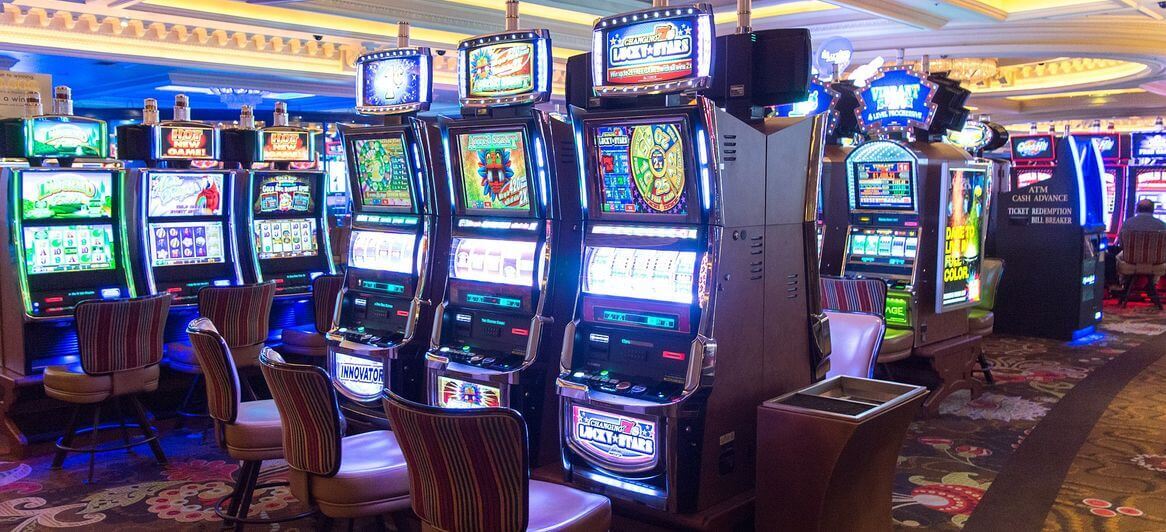
Casino Gambling and the Community
admin
- 0
Casinos generate significant tax revenues, and this money can be used to help communities improve their quality of life. They also create jobs in the area, which helps lower unemployment and boosts wages.
Casinos are social spaces where people can share their gambling experiences. These communities can also offer players tips and tricks to become better gamers.
It is a social activity
Casinos have become integral parts of the 카지노 커뮤니티, offering jobs, services, and entertainment. They are also embracing technological advancements to enhance the gaming experience, such as virtual reality and mobile gaming. These innovations have the potential to improve people’s lives and boost their well-being. However, it’s important to address broader social concerns before casinos can have a positive impact on the community.
Online gambling and gaming communities are typically discussion forums or other virtual spaces where gamblers and gamers can interact with each other (Caputo 2015; Hing et al. 2015; Jarvinen-Tassopoulos 2016; Rantala and Sulkunen 2012). These communities are not limited to distinct online platforms, as video games often include in-game social interaction tools. Several studies suggest that identifying with these communities has significant effects on gambling and monetary gaming behaviors. However, it is difficult to distinguish the effects of specific types of communities. Thus, further research is needed to examine these distinctions.
It is a recreational activity
The development of casino gambling has yielded both positive and negative social impacts. Studies suggest that casinos can contribute to increased economic development and improve the quality of life in the communities where they are located. However, some researchers have found that these benefits are offset by negative impacts such as an increase in crime and addiction.
While the emergence of urban casinos deviates from the traditional trend of casinos moving into rural areas, it has also led to changes in the ecological constructs that predict gambling participation (Conway, 2015). This expansion includes increasing accessibility and availability to casinos, as well as enhancing perceived acceptability.
These environmental factors are related to the social-economic status of a community, but they have not been fully analyzed in relation to urban casinos. Understanding the impact of casino proximity on these aspects can benefit key stakeholders, such as legislators, social services professionals, scholars, and community workers. In addition, it can help inform prevention and treatment strategies for gambling-related problems.
It is a form of gambling
The spread of casino gambling has reshaped the social landscape in communities throughout the United States. It has also created new opportunities for community involvement. Many communities are seeking ways to make responsible gaming a priority. This is a complex task, however, and will require the cooperation of multiple stakeholders.
Both gambling and gaming communities are important in the construction of gambler identities, and these communities can influence purchase intentions and monetary gaming behaviors. For example, online poker forums are a space for gamblers to share their experiences with problem gambling, and these spaces can be particularly helpful for female gamblers who may be uncomfortable sharing their problems in male-dominated face-to-face groups.
Research has shown that proximity to urban casinos can produce negative socioeconomic outcomes for host and neighboring communities. Examining the relationship between urban casino communities and their surrounding populations can provide legislators, human services professionals, scholars, and industry with a better understanding of how these casinos might affect local communities and help them address potential issues.

